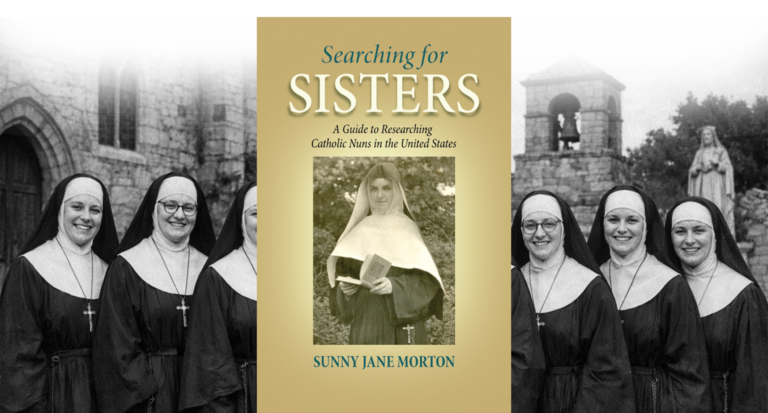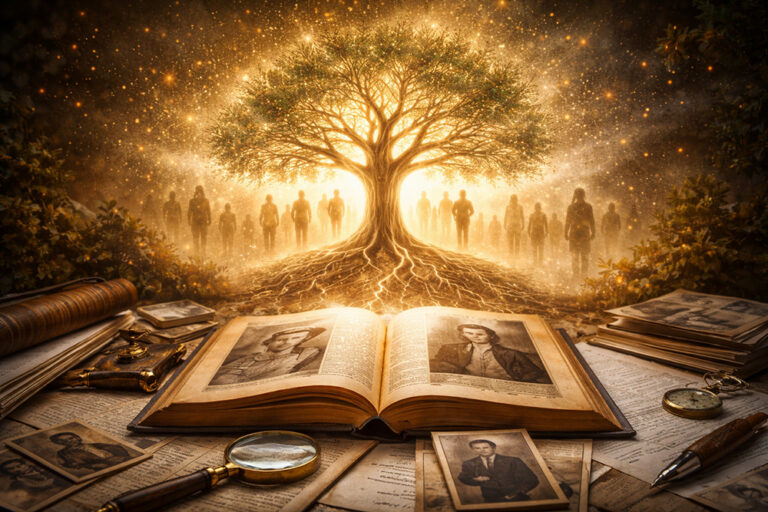“African Americans in the American Revolution,” by Jack Crowder
At the time of the Revolutionary War about 20% of the colonial population were African American; the number of blacks that ultimately fought for the Americans side was estimated to be over 5,000. By the year 1779, sources indicate that 15% of the army was black.
When the war began, George Washington was opposed to recruiting black men. In 1775, recruiting officers for the army were ordered not to enlist “any stroller, negro or vagabond.” Washington’s outlawing blacks from the regular army was done to appease the southern colonies and gain their support for the Patriot cause. Slave owners in the south were also concerned that training and arming black men could lead to a black uprising.
For their part the British, from the start of the war, saw an opportunity to further divide the colonies by offering freedom and wages to any slave who ran away to join British forces. Sensing an opportunity for a better life on the British side, blacks joined with them by the thousands.
By 1777, the American army had suffered huge losses, desertions, and dwindling recruitment as morale sank. In order to meet the crisis, Congress called for more troops from the colonies. Most colonies had trouble filling their quotas. George Washington was desperate for new soldiers, and he was aware that the British were recruiting blacks for the Tory side. So he reversed his earlier decision and gave recruiting officers permission to enlist blacks. Only Georgia and South Carolina remained opposed to having blacks serve in the military.
Discovering information about African American soldiers during the American Revolution can be a challenge; however, federal and state pension files do contain such evidence, including age, marital information, birth and death dates, residence, and military service.
Over 5,000 African Americans served in the American Revolution from the start to the finish. Men like Philip Abbot and Caesar Bason fought and died at the Battle of Bunker Hill. At the age of seventeen Absalom Ailstock fought at Yorktown. Prince Bailey was brought to American at the age of eight and later fought at Saratoga. Sampson Coburn fought at Bunker Hill and was promoted to Corporal, the highest rank received by an African American in the war.
Some black Patriots were still enslaved. Jordan Freeman and Lambert Latham fought and died at the Battle of Groton Heights. Before he died, Lambert killed the British soldier that had killed his master. Pompey Lamb was a spy whose actions helped the Americans capture the fortress at Stony Point. For his help he was excused from work for the rest of his life. Many of slaves were manumittedfor their service. Others, mainly in the, South, returned home as slaves.
About the author: Jack Crowder is the author of three recent books about the American Revolution (see below). Readers will find references to African American Patriots in each of them.
- Strange, Amazing, and Funny Events that Happened during the Revolutionary War
- The First 24 Hours of the American Revolution: An Hour by Hour Account of the Battles of Lexington, Concord, and the British Retreat on Battle Road
- Women Patriots in the American Revolution: Stories of Bravery, Daring, and Compassion




